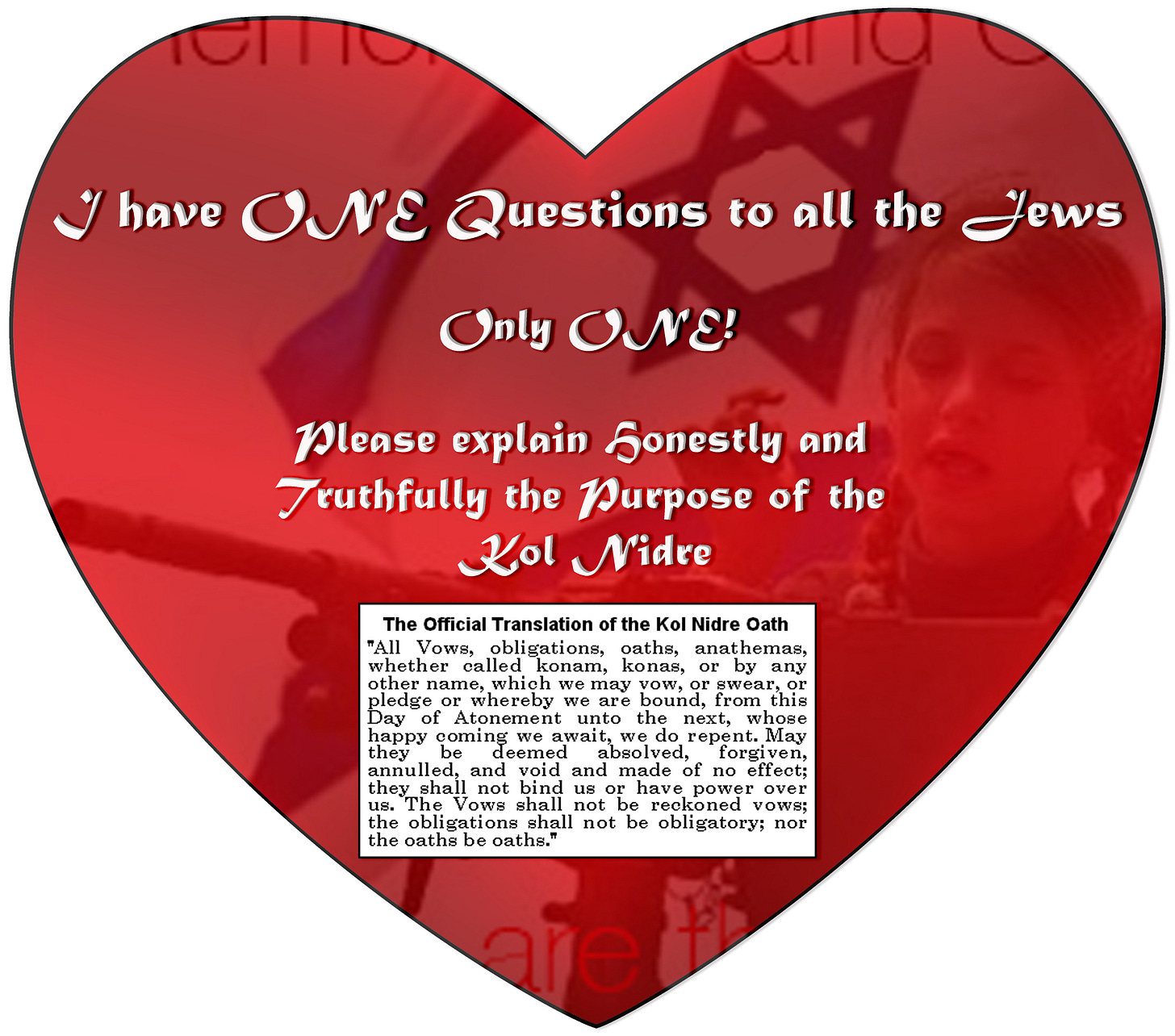Vladimir Putin is the President of Russia and has been in power in some capacity (as president or prime minister) since 1999. The idea that he is “controlled opposition” depends on who is making the claim and what they believe he is opposing.
Arguments for Putin as “Controlled Opposition”
1. Part of a Larger Geopolitical Strategy – Some theorists argue that Putin’s opposition to the West (NATO, the U.S., the EU) is a managed conflict, designed to justify military spending, surveillance, and control on both sides.
2. Ties to Global Institutions – Despite his anti-Western rhetoric, Russia is still involved in global organizations like the UN, BRICS, and the World Economic Forum (WEF). Some believe this means he is playing a role within an orchestrated system rather than being a true outsider.
3. Russian Deep State Influence – Some critics argue that Putin himself is controlled by oligarchs, intelligence agencies (FSB, GRU), or other powerful factions within Russia, meaning he is not fully independent in his decisions.
Arguments Against Putin as “Controlled Opposition”
1. Long-Standing Conflict with Western Powers – Since coming to power, Putin has been openly hostile toward NATO expansion, Western influence in Ukraine, and U.S. foreign policy. His leadership has led to sanctions, diplomatic tensions, and, most recently, the war in Ukraine. This suggests he is a genuine challenger rather than a controlled actor.
2. Independent Policies – Russia has taken many actions that go against the interests of global elites, such as removing foreign NGOs, developing alternative financial systems (de-dollarization), and building military alliances outside Western control.
3. Target of Western Intelligence and Sanctions – Unlike controlled figures who are often protected, Putin and his inner circle face severe economic and political isolation, which would be unusual if he were truly controlled by the same system he opposes.
Conclusion
The idea that Putin is “controlled opposition” is mostly speculative. While he operates within the global system, he has taken many actions that suggest he is not merely playing a scripted role. However, like any leader, he must navigate the interests of powerful forces around him, whether in Russia or internationally.
Are you interested in a specific aspect of this debate, such as his relationship with Western elites or Russia’s internal power structure?


No comments:
Post a Comment